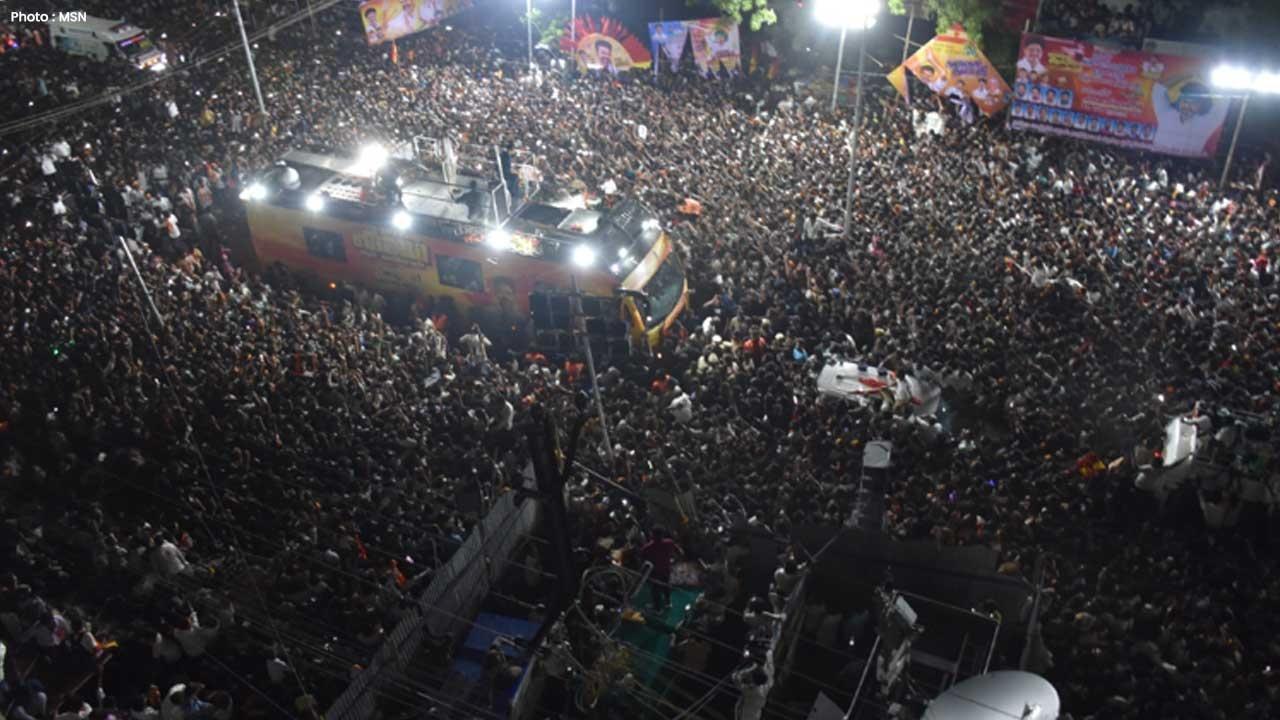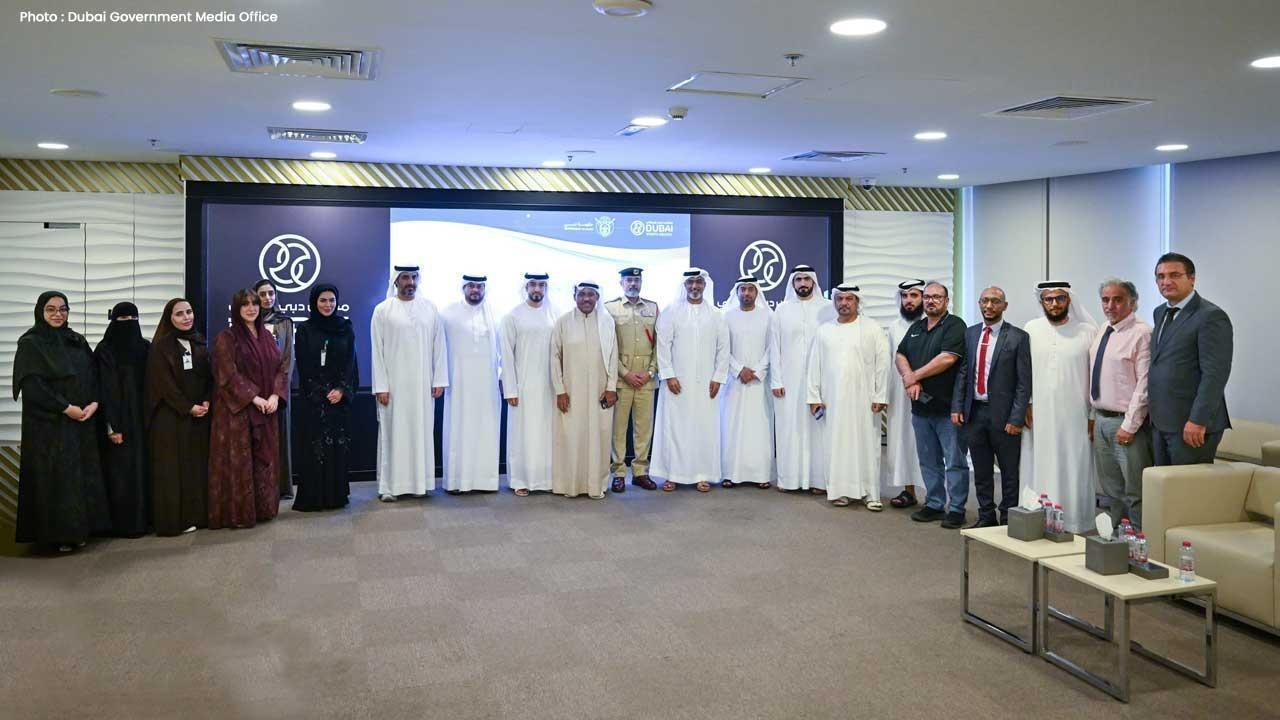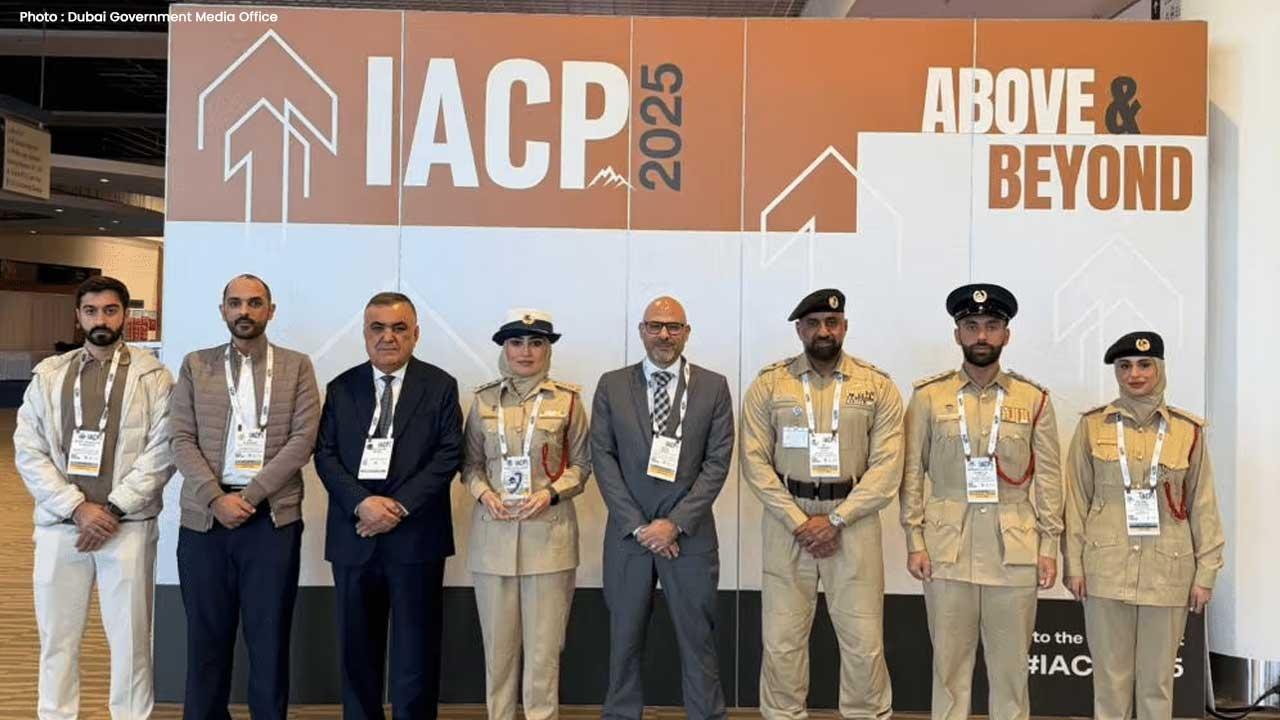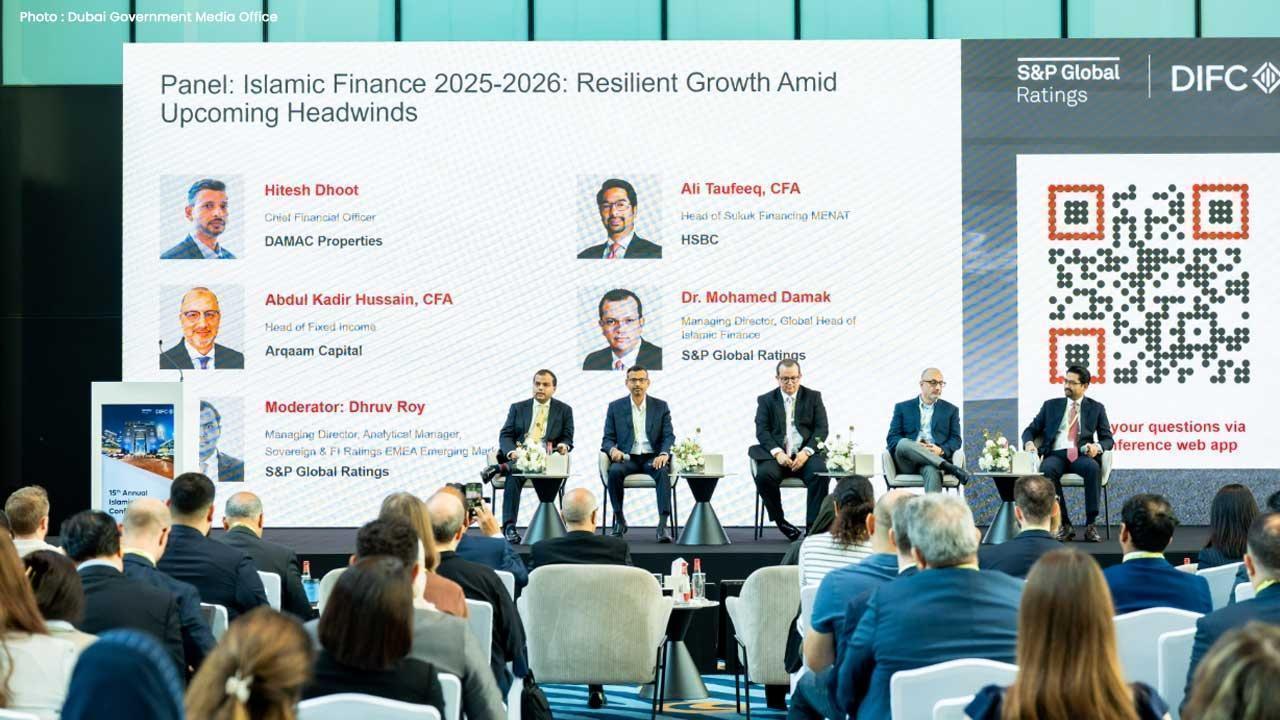
Post by : Sami Jeet
The concept of a home has evolved far beyond just a place to live. In 2025 and beyond, smart homes are redefining what it means to live comfortably, efficiently, and sustainably. As technology continues to integrate into our everyday lives, smart homes are emerging not only as a lifestyle trend but also as a powerful investment opportunity.
Let’s explore how smart technology is revolutionizing living spaces, why investors are paying attention, and what the future holds for the world of real estate.
A smart home uses internet-connected devices to enable remote management and automation of household systems — from lighting and temperature to security and entertainment. With the help of AI, IoT (Internet of Things), and voice-controlled assistants like Alexa, Google Home, and Siri, homeowners can control nearly every aspect of their home with just a smartphone or voice command.
This growing integration of technology into living spaces has made homes more efficient, convenient, and eco-friendly, appealing to tech-savvy buyers and sustainability-conscious investors alike.
1. Enhanced Comfort and Convenience
Smart homes make daily life simpler and more personalized. Automated systems can adjust lighting, climate, and entertainment settings according to individual preferences. For instance, your thermostat can learn your routine and automatically adjust temperatures for comfort and energy savings.
2. Improved Energy Efficiency
One of the biggest advantages of smart homes is energy efficiency. Smart thermostats, lighting systems, and energy monitors help reduce electricity usage, cutting down on both utility bills and environmental impact. As governments and consumers increasingly focus on sustainability, energy-efficient homes are becoming highly desirable.
3. Increased Security and Safety
Modern smart homes offer advanced security features like smart locks, surveillance cameras, and motion sensors. These systems can be monitored remotely, giving homeowners peace of mind even when they’re away. The ability to receive instant alerts and live video feeds enhances both safety and control.
4. Real Estate Value Boost
As the demand for connected living rises, smart homes tend to command higher property values. Homes equipped with modern automation systems attract younger buyers and investors looking for long-term value. According to real estate experts, properties with integrated smart features sell faster and often at premium prices.
For real estate investors, smart homes represent a profitable and future-proof investment category. With rising urbanization and the shift toward sustainable, tech-driven lifestyles, smart properties offer both strong rental yields and long-term appreciation.
Here’s why:
Higher Market Demand: Younger generations, especially Millennials and Gen Z, prefer homes with automation, energy efficiency, and tech-friendly infrastructure.
Lower Maintenance Costs: Smart systems often detect issues early, reducing repair costs.
Better Tenant Retention: Smart home amenities create a better living experience, leading to higher tenant satisfaction and reduced turnover.
Moreover, smart apartments and co-living spaces are gaining popularity in urban centers, creating new opportunities for developers and investors alike.
AI is the driving force behind the smart home revolution. It enables homes to learn and adapt to residents’ behavior, making life more intuitive and efficient. For instance, AI-driven systems can:
Predict energy consumption patterns and adjust usage.
Suggest routines for better comfort and health.
Integrate with wearable devices for wellness monitoring.
In the future, AI-powered homes could even self-manage maintenance, automatically schedule cleaning or repairs, and optimize resources without human input.
The growing global focus on sustainability is pushing developers to design homes that are not only smart but also environmentally responsible. Smart homes contribute to this shift by:
Reducing carbon footprints through energy-efficient devices.
Integrating solar power systems and water-saving technologies.
Encouraging sustainable living practices with real-time usage tracking.
With governments promoting green building certifications and eco-incentives, investing in smart, sustainable housing is becoming both an ethical and financial win.
The global smart home market is projected to surpass $200 billion by 2026, driven by technological advancements and the rising demand for convenience and security. Countries like the UAE, USA, Japan, and Germany are leading the smart living revolution, with rapid adoption in luxury real estate developments.
Even in emerging markets, smart home adoption is accelerating, fueled by affordable IoT solutions and mobile connectivity. This makes 2025–2030 a critical growth window for investors to tap into this evolving space.
Despite the excitement, the smart home industry faces certain challenges, including:
Data Privacy Concerns: As homes collect more personal data, ensuring cybersecurity is essential.
High Initial Costs: While long-term savings are significant, the upfront cost of smart technology can be high.
System Compatibility: Integrating devices from different brands can sometimes be complex.
However, as technology becomes more standardized and affordable, these barriers are expected to diminish.
Looking ahead, smart homes will evolve into fully connected living ecosystems. Imagine neighborhoods where homes communicate with city infrastructure, electric vehicles, and energy grids to create efficient and sustainable communities.
Developers are already experimenting with smart cities that integrate renewable energy, digital connectivity, and AI-powered infrastructure — turning urban living into an experience of convenience and innovation.
The rise of smart homes marks a defining shift in how we live, work, and invest. They’re not just about convenience — they represent a new era of intelligent, sustainable, and profitable living spaces.
Whether you’re a homeowner, investor, or developer, now is the time to embrace this transformation. As technology continues to evolve, smart homes are no longer the future — they are the present, redefining comfort, efficiency, and value in modern living.










Shreyas Iyer Under Intensive Observation in Sydney After Rib Injury
India vice-captain Shreyas Iyer is in a Sydney ICU following internal bleeding from a rib injury sus

NBA Friday Recap: Powerhouse Wins for Miami, LA, Milwaukee, and Clippers
Miami, LA Lakers, Milwaukee, and Clippers triumphed in a thrilling NBA Friday, showcasing standout p

Doncic Shines with 49 Points in Lakers' 128-110 Victory over Timberwolves
Luka Doncic dazzles with 49 points as the Lakers secure a 128-110 win against the Timberwolves, show

Kings Triumph Over Jazz 105-104 with Last-Minute Sabonis Effort
The Sacramento Kings edged out the Utah Jazz 105-104, with Domantas Sabonis making the decisive shot

Argentina's Friendly Match Against India Delayed, New Date to be Announced
The friendly match between Argentina and India in Kochi has been postponed due to FIFA approval dela

Rohit and Kohli Conclude ODI Journeys in Australia with a Victory
Rohit Sharma and Virat Kohli bid adieu to Australian ODIs with a final win, forming a 168-run partne